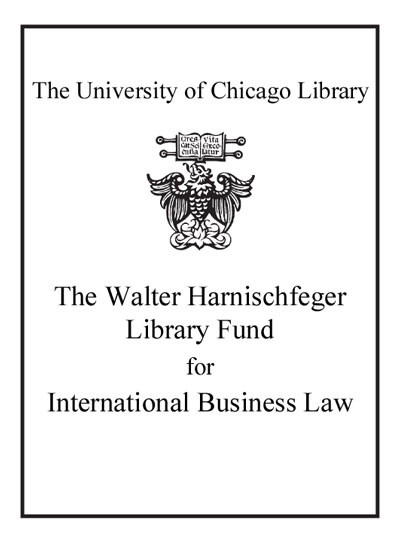Review by Choice Review
Since at least the launching of the European Common Market in 1956 and a host of regional trade liberalization efforts before that, the issue of regional trading arrangements has been a hardy perennial in international commercial policy. The theory is well developed. The system benefits most from broad, inclusive trade liberalization that avoids discrimination against suppliers anywhere in the world. Regional trade liberalization is therefore necessarily a second-best option. So why do almost all 146 country members of the World Trade Organization also participate in one or more regional trade arrangements, and why is half of global trade taking place within such arrangements? Part of the answer relates to the sluggishness of global trade liberalization over the years and the greater feasibility of regional initiatives--and in the case of the EU, as a stepping-stone to higher levels of regional economic integration. In this authoritative volume, Das examines such questions in considerable depth, starting with the conceptual issues, then describing the pattern of regional trading arrangements as they have evolved within the global economy, and finally focusing on the Asia-Pacific and Western Hemisphere contexts. This volume is comprehensive, well organized, and eminently readable, with an excellent, comprehensive bibliography. ^BSumming Up: Highly recommended. Upper-division undergraduate through faculty collections. I. Walter New York University
Copyright American Library Association, used with permission.
Review by Choice Review

